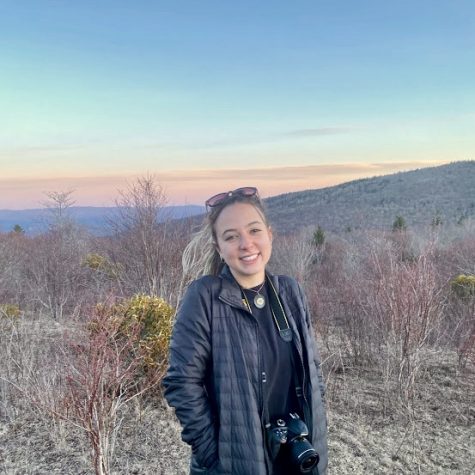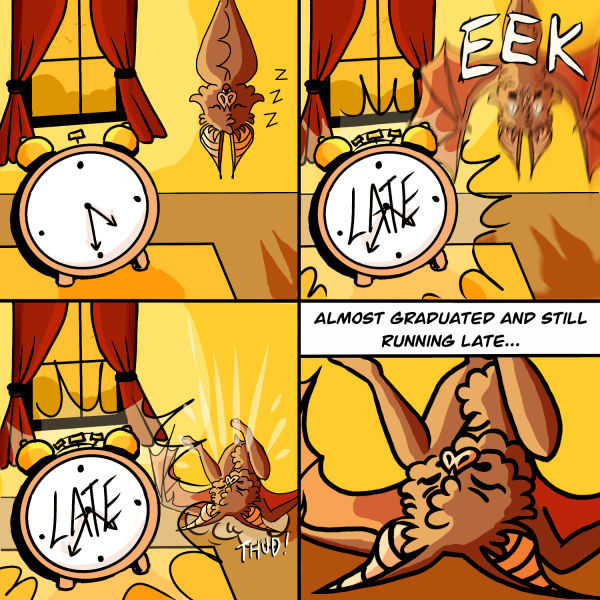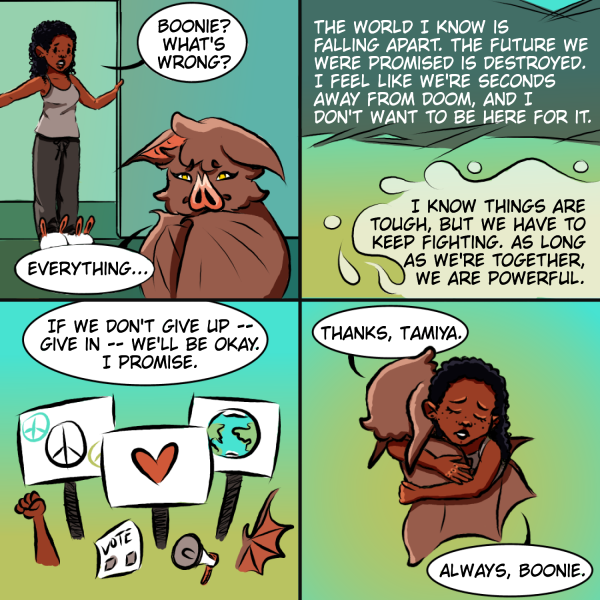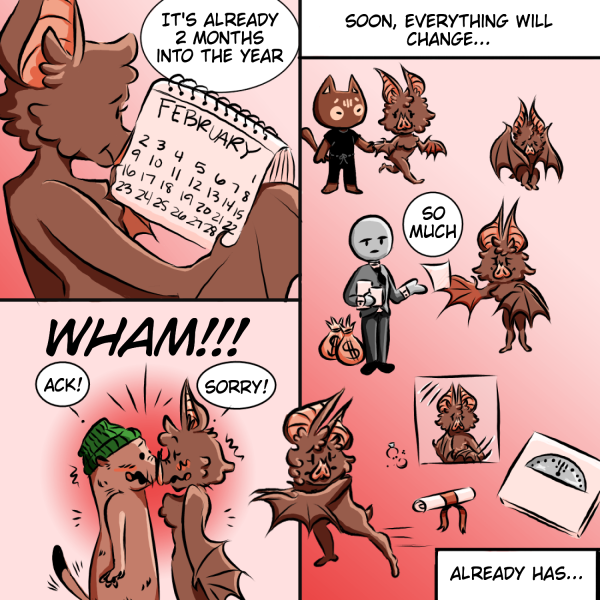Appalachian Police Academy gives students the opportunity to make a difference in their community
September 18, 2019
After prior negative experiences with police, students like Abigail Rivera joined the Appalachian Police Academy in hopes of making positive change in the law enforcement community.
The Appalachian Police Academy is a 640-hour training program over the summer where App State students become certified part-time police officers with App State Police.
Students are eligible for the police academy after serving as a cadet with App State Police for one year.
Fifteen students graduated from the academy this year.
Capt. K.C. Mitchell, director of police development, said the 2019 graduating class’ biggest strength is its commitment to the team.
“They really came together as a class and as a team,” Mitchell said. “They picked each other up when they fell down. They really worked together well.”
Mitchell said the police academy is important because it provides experience for college students working as officers on campus and provides better candidates for police agencies.
“The most important thing to us is the safety of our campus and everyone on it,” Mitchell said. “So, the enforcement of laws is a small part of what we do.”
Mitchell said he wants to build relationships with the students, faculty and staff.
Duties of part-time officers after graduation from the academy include foot patrols around campus and at football games. Part-time officers accompanied by a full-time officer while on duty, and only full-time officers are allowed to drive patrol cars.
As the program is in its second year, Mitchell said the academy was more streamlined than the first year.
“This summer went smoother because it was the second time we’ve done it. There wasn’t as much of a learning curve,” Mitchell said.
The academy currently works with Caldwell Community College and runs the program through Caldwell’s law enforcement training class, though the academy is only open to full-time App State students.
Mitchell said the new goal of the academy is to get accredited, which would allow them to work independently, without Caldwell Community College.
John Sanders, senior criminal justice and psychology major, said the relationships he formed with others in the program was a highlight of his training.
Sanders said being around the same people in the same classroom for weeks was one of the tougher aspects of training, along with getting pepper-sprayed and tear-gassed.
“It’s a really weird low, but also a weird high,” Sanders said. “It’s a bonding experience.”
Sanders said he gained knowledge about police work and self-confidence.
“The whole summer is stepping out of your comfort zone,” Sanders said. “When you get out, even if you’re directing traffic, you need to be confident to keep yourself safe and even just to keep others safe, as well. That, coupled with knowledge are the two most important things.”
Abigail Rivera, senior criminal justice major, said she wants to go into the law enforcement field in Boone, and joined the police academy to learn skills for the future.
“I gained a lot of confidence in myself, skills to use at any agency I go, and great mentors and instructors,” Rivera said. “It made me a better person.”
Rivera said the academy is open to anybody and everybody, regardless of major.
Rivera said she has had previous experiences with law enforcement, both good and bad, and wants to work toward fixing the bad.
“Instead of letting what is going on in the country happen, I have this opportunity on campus to do something and be a part of something, and implement what I want to do, and what changes I want to see, not just in my community, but in the law enforcement community, and mend these two communities together,” Rivera said.












